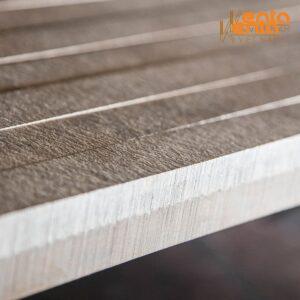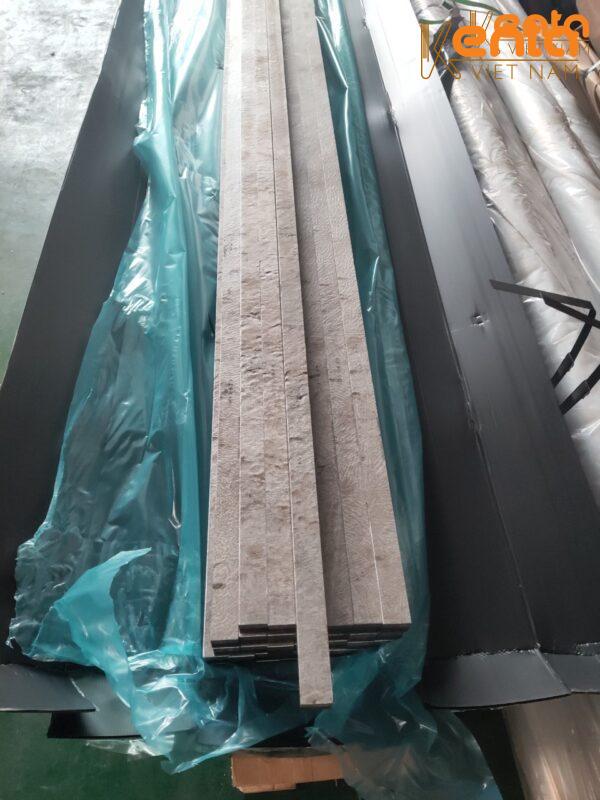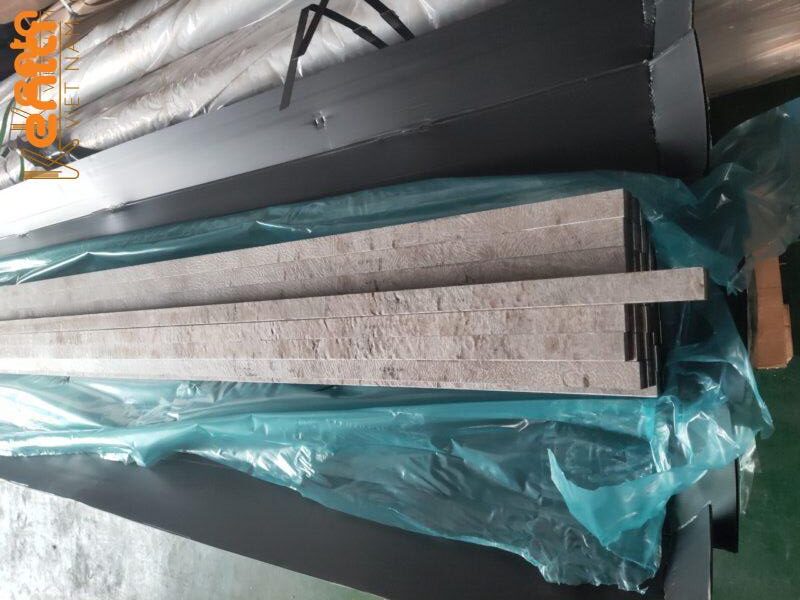Knowledge, Technology
Applications of bimetal materials in modern manufacturing and daily life
In today's industries, as technical and performance demands become increasingly stringent, finding materials that meet multiple criteria is not easy. This is precisely why bimetal materials are increasingly trusted. Thanks to the combination of two different metals in one structure, bimetal materials offer extremely diverse and effective applications in both industrial production and daily life. So, what are the specific applications of bimetal materials? The following article will help you understand more clearly.
What are bimetal materials and why are they prioritized?
Bimetal materials (bimetal) are a combination of two different metal layers tightly bonded together by hot rolling, cold rolling, or explosive welding. One layer usually serves as a good conductor of electricity or heat (such as aluminum or copper), while the other layer provides strength, corrosion resistance, or stable mechanical properties (such as steel or stainless steel). This combination creates a material that carries many advantages of both individual metals without significantly increasing production costs.

Not merely a substitute solution, bimetal materials are also a tool to optimize performance. Thanks to their flexibility in meeting various working conditions, they become the ideal choice in many fields from mechanical manufacturing to energy, construction, and technology.
Applications of bimetal materials in industry
Mechanical manufacturing and metal processing: In the mechanical field, bimetal materials are used to manufacture machine parts that require high mechanical strength as well as electrical conductivity or heat resistance. For example, bearings, bushings, or support plates made from steel-copper bimetal will both withstand loading well and ensure heat dissipation during machine operation.
Electrical and electronics industry: One of the most prominent applications of bimetal materials is making busbars or conductors in high-voltage electrical systems and industrial electrical cabinets. Thanks to the outer copper layer with high electrical conductivity combined with the lightweight aluminum core inside, bimetal busbars help transmit electricity steadily, reduce losses, and save costs.
In addition, relay contacts, switches, and circuit breakers also use this material to achieve both mechanical durability and sensitivity as well as voltage stability.
Energy and refrigeration industry: In solar power plants, wind power plants, or industrial cooling systems, bimetal materials are used as connecting components between two different material environments. Thanks to good thermal expansion compatibility and high thermal conductivity, they help limit cracking, heat leakage, or electrical currents that cause safety hazards.

In the automotive and aviation industries, the lightweight, durable, and corrosion-resistant properties of bimetallic materials make them preferred for manufacturing car bodies, exhaust systems, engine components, and radiators. They help reduce the overall weight of vehicles, improve fuel efficiency, and extend component lifespan.
Applications in construction and daily life, interior and exterior construction, and load-bearing structures. In construction, bimetallic materials are widely used in roofing, prefabricated house frames, railings, stairs, and rolling doors. Thanks to an outer layer that resists rust and an inner layer with good load-bearing capacity, products made from these materials have a long lifespan, save on maintenance costs, and still ensure aesthetics.
Household appliances and kitchen equipment: Many non-stick pots and pans, irons, and cooking appliances currently use bimetallic bases to increase heat transfer efficiency and reduce cooking time. The use of bimetallic materials helps appliances heat up quickly, retain heat longer, and significantly save energy.
Heat-resistant products and harsh environments: In places with high temperatures and corrosive environments such as chemical plants, metallurgical workshops, and wastewater treatment plants, bimetallic materials are often preferred for parts that directly contact heat or corrosive substances. Thanks to an oxidation-resistant outer layer and a strong core, the product can operate stably for a long time without frequent replacement.
Kenta Vietnam – A quality bimetallic material supplier
To maximize the application of bimetallic materials,quality is a prerequisite. Kenta VietNam offers industrial material products that meet the highest standards – from aluminum sheets, welding wires, welding rods to diverse types of bimetallic materials, with clear origin, full CO-CQ, and inspection.
We are proud to be a distribution partner for many large and small projects in the mechanical, construction, electrical, and energy industries. With a technical team knowledgeable about materials and a dedicated service spirit, Kenta Vietnam not only sells products but also accompanies customers in every technical solution.




















